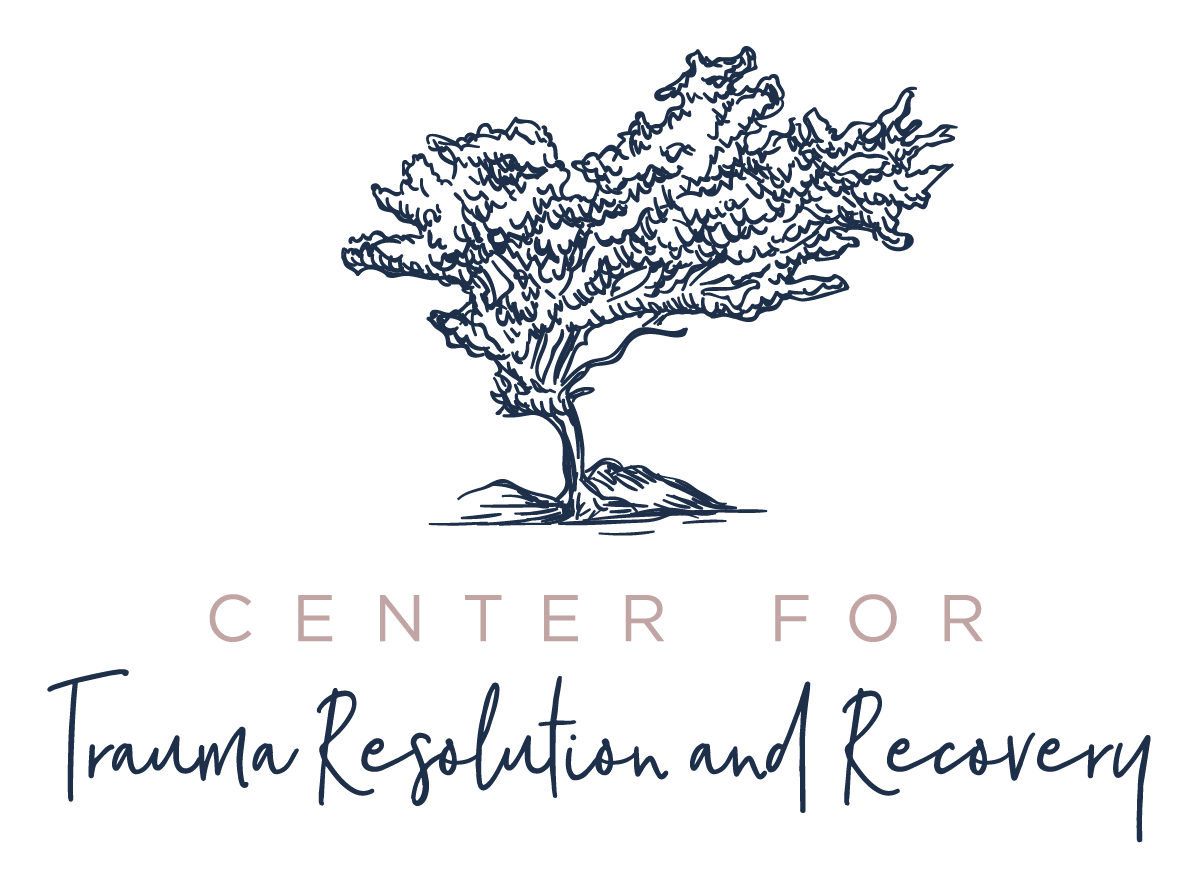"Just Me" Is More Than Good Enough: Rebuilding Your Identity After Leaving High-Control Religion
Written by CTRR Practitioner Nicole Clifton
To learn more about working with Nicole, click here.
For the majority of my life, my identity as a Christian was the most important thing about me. Everything else that made me “me” was secondary, because God came first in all ways. As a child, my family, my church, my friends, my schooling, the music I listened to or books I read, were heavily or exclusively influenced by Christianity.
As I shifted into my teenage years and wanted to “take my faith seriously” (like somehow, I hadn’t been doing that well enough in my childhood!), I committed even more to my involvement at church so that I wouldn’t be influenced by “the world”, especially since I was attending a secular junior high/high school. At the church my family began attending in the mid-2000s, I was told that I was no longer just Nicole but “Christ in Nicole.” By accepting Jesus as my Savior, my baseline identity was transformed and that was the foundation of who I was and as such it would influence everything else–how I saw myself, all my relationships, how I saw the world, what kind of media I consumed, etc. etc. etc. I need to make sure that I was always ready to “represent Christ” in every moment, be an example of what it means to be a “true” Christian.
When I began to look at colleges, my major, and what I wanted to do with my future, I thought ministry was the best thing I could do—be it in a Christian non-profit, Christian higher education, or something else. I wanted my faith to be deeply woven into every facet of who I was. And so I did—I went to a small conservative Christian college and then turned right around to work at another Christian university for the majority of my 20s. My job security and housing were tied to being a professional Christian, at weaving my worldview into all I did.
While people deconstruct their faith quite quickly, my process was a long, slow burn. Quite frankly, I was so deeply invested in maintaining my identity as it was that long, slow, and steady was the only way I could start to reconsider ways I saw the world and the ways I saw myself.
I took time to confront how much I valued others being Christian as the sole indicator of their safety, wisdom, maturity, health, and trustworthiness, and how this shaped my self-perception. It was unsettling to realize I viewed being Christian as the only “good” way to be, equating anything else with failure. Facing and healing from this mindset was crucial for me, allowing me to expand my definitions of safety, wisdom, maturity, health, and trustworthiness. I recognized the importance of learning from those with different backgrounds, ultimately becoming a more compassionate person because of it.
I also had to unlearn that it wasn't shallow to pursue parts of my identity that weren’t religiously-based–the parts of me that I had to cut off or hide in order to be more like Christ. It was a process for me to recognize these parts that brought value and meaning to my life also! There are MANY things that make you who you are—not just your worldview or religious convictions.
Your personality, your interests and passions, your moral and ethical convictions, your political perspectives, your relationships, your gender, your sexuality, your race or ethnicity or cultural identity, how you experience the world through your body (ability) or through a neurotypical vs. “neuro-spicy” lens, socioeconomic status, education, age, family status, and more can all be PART of how you see yourself.
Instead of seeing my faith as “the whole pie” with all those other things sprinkled in—all that other stuff could actually be real slices of the pie, and I could choose to keep a slice that included faith or not. Either way, it was a damn good pie.
“Just Nicole” actually had so many wonderful things about her! She was more than good enough. Just because I no longer viewed Christianity through the same lens that I had most of my life, did not mean that I was lacking. I always had so much that made me a valuable and interesting person worth loving and who had goodness to offer the world and that didn’t change just because of deconstruction. Since then, I have continued to find new parts of my identity that I’ve developed and there’s been so much healing in reclaiming and validating the importance of who I’ve always been and no longer seeing those parts of me as “second-tier” in my identity. Certainly, there were times that it felt overwhelming or scary to face, but I’m incredibly grateful I can now see myself in a more well-rounded way that includes more self-compassion.
Yes, “just me” is more than good enough. “Just You” is more than good enough too.
Written by CTRR Practitioner Nicole Clifton
To learn more about working with Nicole, click here.

